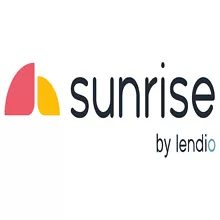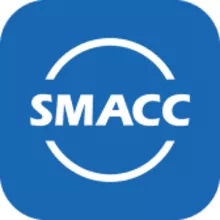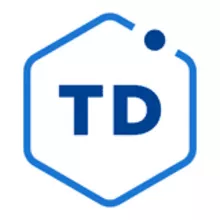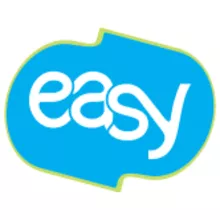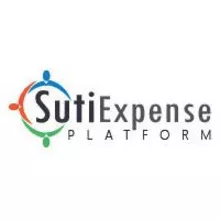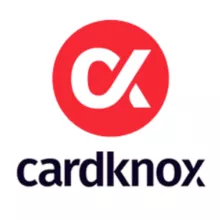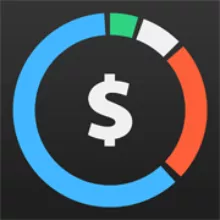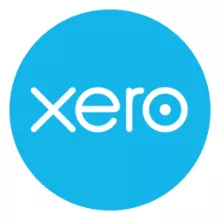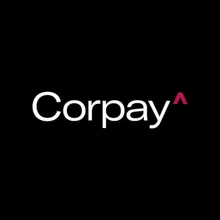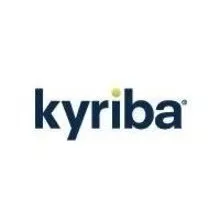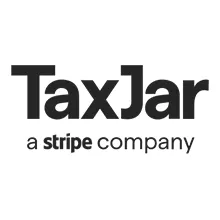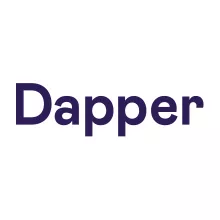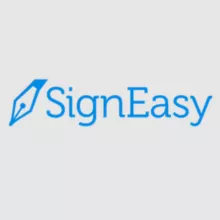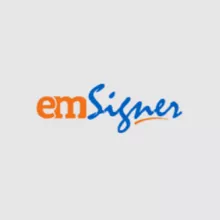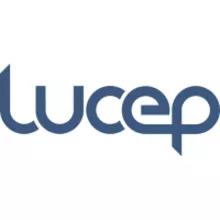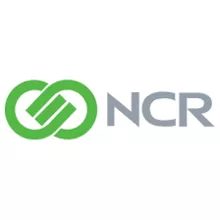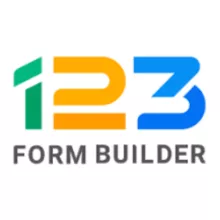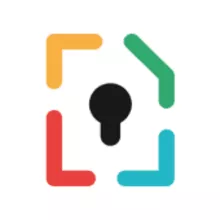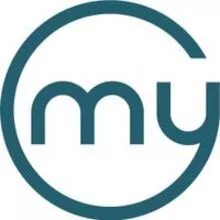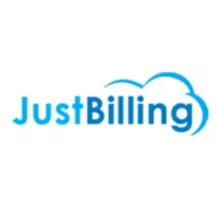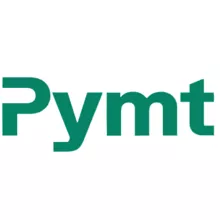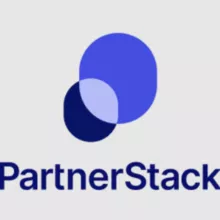Accounting software for freelancers and small businesses
What is Payment Facilitating Software?
Credit and debit card purchases are made possible by payment facilitating software. Customers submit their money and delivery details into a payment gateway while making an online transaction. The payment gateway sends the payment information to the payment processor, who completes the transaction by communicating with the customer’s and merchant's banks. The payment gateway and the customer are notified of the transaction's success or failure. A customer's credit or debit card is swiped into a point of sale (POS) system in a physical business, connecting with a payment processor to accept or deny the transaction. Many payment processors levy a transaction fee dependent on the transaction size.
Payment Facilitating Software's Key Benefits
- Process payments made using credit, debit, gift cards, and digital wallets.
- Providing clients with a seamless experience.
- Before fulfilling an order or completing a transaction, make sure the payment is legitimate.
- Working with several banks to accept payments from all over the world.
Why Use Payment facilitating Software?
- Security- Payment information is extremely sensitive and must be safeguarded. Payment processing software is held to strict security requirements to protect this sensitive information.
- Scalability- A small firm can use the same payment processor as a huge corporation with a slight variation in functionality. Companies pay fees to use payment processors, who work behind the scenes. Some payment processors handle billing and invoicing; therefore, some internal operations are covered.
- Flexibility- Most payment processors can handle a wide range of transactions. All payment processors process credit and debit cards, but more are now accepting payments via digital wallets, cryptocurrencies, and electronic checks. Some allow consumers and merchants to set up automated payments for the added convenience of recurring payments.
Here is the list of the best Payment facilitating Software.
Payment facilitating Software Features
- Encryption- Credit card and other payment information is highly sensitive and must be safeguarded against hackers and other dangers. To keep both client and merchant data safe, a competent payment processor uses strong encryption, likely multiple types of encryption. If a company's data is stolen, the implications might be disastrous.
- Reports and analytics- Some payment processors generate regular activity reports. This facilitates the import of payments into analytics software by financial management. It's critical to understand how customers pay and make sure that they match a company's income.
- Processing fees- Many payment processors add a small fee to each transaction. Typically, this is a set fee plus a percentage of the total purchase price. Although specific processors charge differently, fees are practically ubiquitous. The fee amount varies slightly depending on the processor or the kind of payment used.
- POS integration- Payment processors connected with a POS system enable a smooth and speedy checkout experience for shops, allowing stores to take payment on the spot and customers to walk out with their purchases.
- Payment methods- A payment processor's acceptance of more payment methods means more clients. Mobile payments and cryptocurrencies such as Bitcoin are examples of this. Many payment processors only deal with specific credit cards or currencies.

